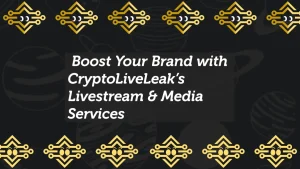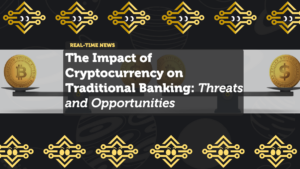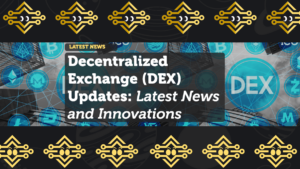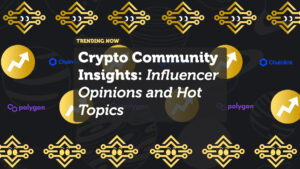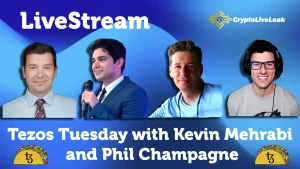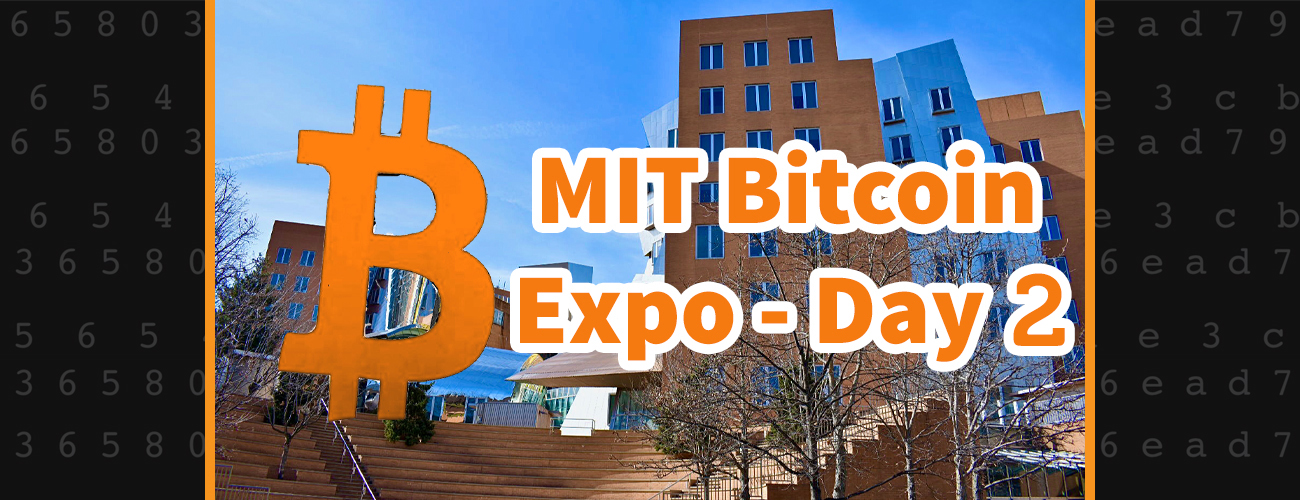
MIT BITCOIN EXPO: DAY 2

I arose this morning having time-traveled one hour into the future overnight. I guess Daylight Saving Time is a thing now. Such an old fashioned and antiquated idea and frankly it perturbs me that we still follow such a tradition. It’s a problem, and the solution is obvious. We as a people need to boycott Daylights Savings Time. No one likes getting robbed of one hour of sleep because that one hour will never come back. It’s gone forever. Why must we submit to this cruelty? This zero-sum game needs to stop. After a little research, I found that we can thank our dear Canadian friends to the north for beginning this sadistic tradition back in 1908. All I am saying is that time is precious and every year I get cheated out of one hour and I don’t like it.
I digress; moreover, day two at the MIT Bitcoin Expo was definitely my favorite day of the event. It was cerebral, visceral, amazing, inspiring, eye-opening, and show-stopping all at the same time. It was like the Super Bowl for Crypto and Blockchain. It was like putting your head into a vortex of information where your brain goes on sensory overload and is firing every single synapse possible to keep up with depth and breadth of the information that it is trying to process, analyze, and decode. It was an extremely action-packed day with many presenters and panels and I conducted several different interviews with people in the crypto and blockchain space. There was definitely a buzz in the air, and you could sense it with the way people were walking around. The second day at the conference/expo had a different vibe from the first day because everyone, for the most part, had seen each other the day before. It’s possible that many people met new friends from the night before and are buddying up on the second day. Whatever it was, the energy was palpable.
I was so stoked to interview people and ask questions about subjects or topics that I really wanted to learn more about. Day two felt like I was walking down a never-ending hallway lined with doors. For every door I opened, the never-ending hallway provided me with new ideas, new concepts, new languages, and new people. It really made me take time and reflect on how flipping cool what was happening here. There were some of the brightest individuals to walk the earth together at one of the most recognized and prestigious universities to have one giant collaborative jam session on crypto and blockchain. This jam session was like a music festival where each band, DJ, or musician was a presenter or panel member. When it was time for each musician to jam out on stage, the music hit you in the face, in the back of your head, you had no idea what instrument was being played, what notes were being sung, but what you did know is that you liked it and it was fulfilling. Eventually, if you listen long enough to the music, your brain can start to pick up on some of the lyrics or maybe the catchy baseline. Then next thing you know you are googling what instruments are being played during each performance and you learn the genre and the style of music being played. Next thing you know you are grasping some of the concepts and ideas that are being presented from each jam session.
You know when they say, if you look around and see that you are the smartest in the room, you are in the wrong room? In this case, if you looked around and you were the dumbest person in the room, you were in the right room. Let’s just say I was in the right room at the right time. If you were to take an average IQ test from the presenters or even the audience I feel like it would without a doubt be in the 130s. When I say this, it’s not that I feel like I am dumb; moreover, my observations showed me there exists a large knowledge gap and lack of technical understanding surrounding coding and protocol layers of the technology for newbies like myself. I was told several times over the course of the weekend that I must learn how to code with Python because a very intelligent gentleman that I spoke with posed the question, “how can you understand the application of the technology (blockchain or crypto) if you don’t understand how the technology works?” A very obvious question, but I didn’t think about it until that moment. It makes sense, so what did I do? I went on Amazon and bought two books on coding python. Got to start somewhere, right?
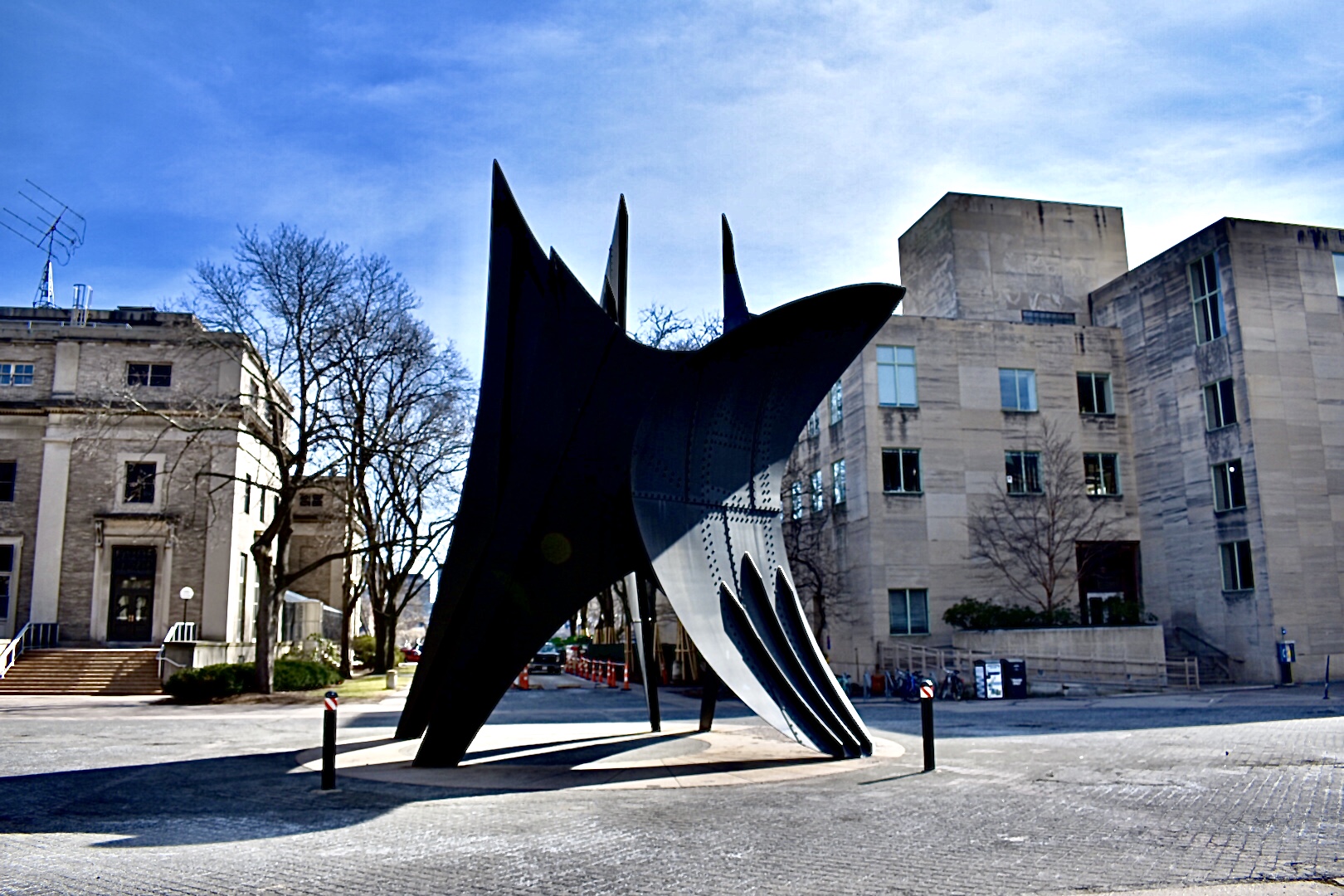
One major take away I had from day two was that when I asked people how they got involved or got started with Crypto / Blockchain almost all of them mentioned that they started with buying a cryptocurrency and playing around with it. Coincidence? Not a large enough sample size to confirm, but my gut is telling me this is not a coincidence. In order to learn it, you have to play with it and use the technology. I might recommend messing around with a Crypto Exchange and buying small amounts of Cryptocurrency just to see how it works and what the transaction process is like. Play around with sending your cryptocurrency from an exchange to your wallet and see how the process works. Make mistakes, and get out there in the crypto sandbox to see what’s out there.
Here is some information on how to get started with Crypto:
I wasn’t able to attend all of the presentations like I did yesterday, but two of my favorite presenters of the day were the Lightning Panel (John Carvalho, Valentine Wallace, and Bastien Teinturier) and Carl Dong (Bitcoin Core Developer, Chaincode Labs). The Lightning panel dove into the Lightning Network which is essentially a highway (or layer) built on top of the Bitcoin highway. This newer Lightning Network highway has many more exits than the Bitcoin highway, it has faster lanes, and it has wider lanes. The panel mostly dove into protocol and development aspects of the Lightning Network, but I was most concerned with the business applications of the Lightning Network and where some of these panelists envisioned the best areas of adoption for the Lightning Network.
I was infinitely curious all weekend so naturally, I found myself standing behind a microphone with a question after the Lightning Network panel finished. My question was, “From a business application perspective, what are some industries or markets that the panel would envision “Lite Coin” thriving in or having the greatest impact in over the next five years? Notice how I fudged “Lite Coin” instead of Lightning Network? Yeah, one of the panel members clapped back really quickly with a response correcting my mistake. The panelist then gave a very obvious answer and mentioned the retail space was best suited to reap the benefits of the Lightning Network. Fast transactions are what Lightning Network prides itself on, and security seemed to be a major focus of the panel when other questions were addressed.
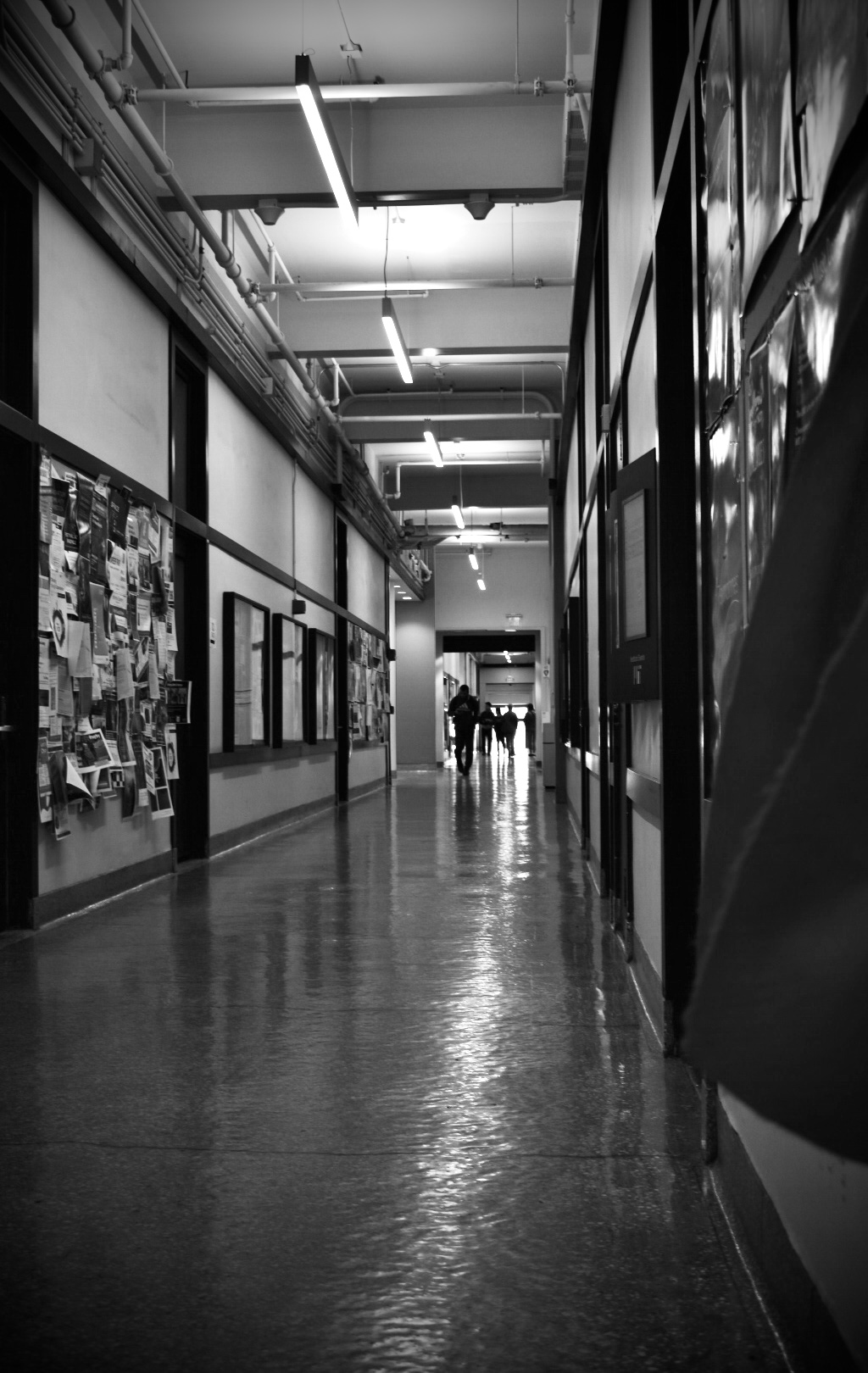
Another one of my favorite presenters, Carl Dong, gave an in-depth overview of some systems and software regarding Bitcoin. Carl was an energetic, well-spoken, and a concise presenter. From what I gathered one of the underlying themes from his presentation was the minimalization of trust specifically with the use and storage of Bitcoin. A concern he brought up was regarding that everyone should host their own node to mine and store their own very own Bitcoin. What this does is remove a third-party custodian from the process who can do anything they want to if your crypto is stored on their platform and there will be no unscheduled inflation that could affect the value of your stored coin. If you are hosting your own node you can guarantee that everything that is on the self-maintained ledger on your node is accurate and nothing has been messed with by a third party. It did leave me thinking and I had several questions afterward.
What would happen if everyone adopted this self-custody model? Would there be a need for third-party custodians? Would it be possible from an energy standpoint for everyone to have their own little “mini vaults” / nodes to store and hold crypto?
Right now, the Blockchain and Crypto industries are relatively young and the core infrastructure of these state-of-the-art machines is still being built. In order to attract new people from a business or entrepreneurial background, there has to be more education and demystification of the technology. If I had to guess, generations that will start to adopt blockchain and crypto most quickly it would have to be Millennials and Gen Zs. If we want to reach out to these target markets to start attracting more talent from other areas outside of coding or development, we must start to build communities where people feel safe and comfortable around learning and educating themselves about these industries. Many people that I interviewed today explained that it is very easy to get lost when first starting to learn about Blockchain and Crypto because there are so many different avenues, wrinkles, and layers, but don’t let that scare you off. Take bite-sized chunks and be patient with your education. After a few months go by you will know if you got bit by the blockchain/crypto bug, but if not at least you are aware of the future and what will one day be a part of your everyday life whether you realize it or not.
Lastly, the interviews were so much fun and I had a blast getting to know all the people that I spoke with today. Each person offered their own perspective on where they saw the future of Blockchain and Crypto going in the immediate future and distant future. All of the people that I spoke with today came from very different backgrounds. A major takeaway that I got today was regarding the state of the industry and what it will need going forward. The Blockchain and Crypto world is loaded with brilliant developers, coders, and more people with technical skills than there are people focused around the business and entrepreneurial side, who can bring a different perspective to help progress the technology forward. I really look forward to participating in the next Blockchain/Crypto event and I am truly humbled that I was able to participate in the MIT Bitcoin Expo 2020. Until next time…
Special thanks to the following people for taking some time out of their day to speak with me.
Manasi Vora (Head of Product Strategy, Sia)
Shamir Ozery (Marketing Programs Director, Algorand)
Yulin Cheng (Journalist, the Block).
Go like and subscribe our YouTube Channel, CryptoLiveLeak









